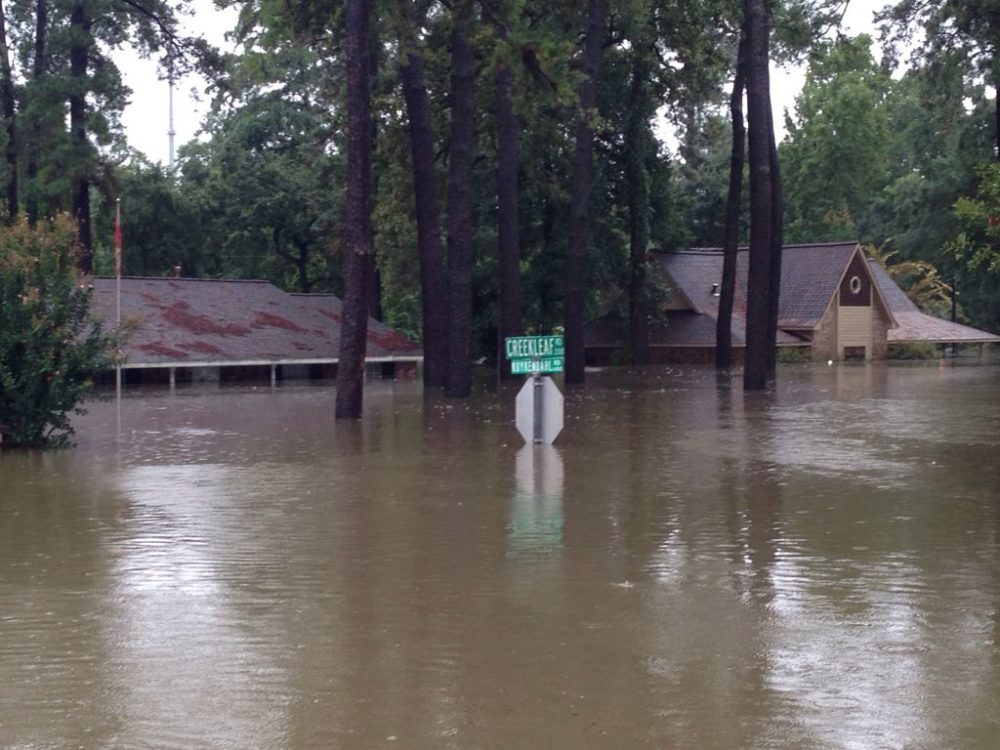
Listen
Whites who live in counties badly damaged by natural disasters on average gain nearly $126,000 in wealth. Minorities, on the other hand, lose tens of thousands of dollars.
This happens even when you control for income, education and a range of other factors.
That's according to a study from Rice University and the University of Pittsburgh.
Part of it has to do with where governmental and business investment goes, said lead researcher Junia Howell, an assistant professor at the University of Pittsburgh and a scholar at Rice’s Kinder Institute for Urban Research.
One example of that is New Orleans after Hurricane Katrina.
"What happened was whites in those areas ended up gaining more wealth," she said, "because they were in communities now that had been reinvested and had more money being poured in, both in economics and infrastructure and other things."
What's surprising, Howell noted, is that the wealth gap in counties that received more FEMA aid widened even more.
She hopes future research will address possible solutions to this problem.

 75 °F
75 °F